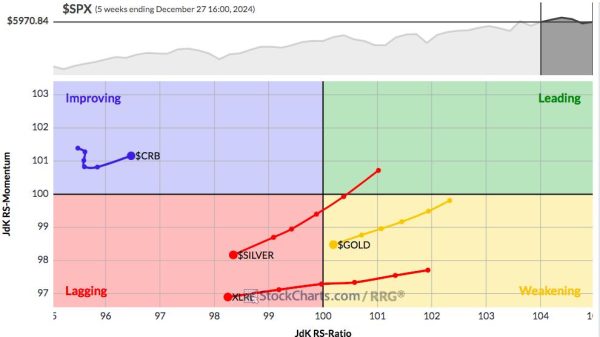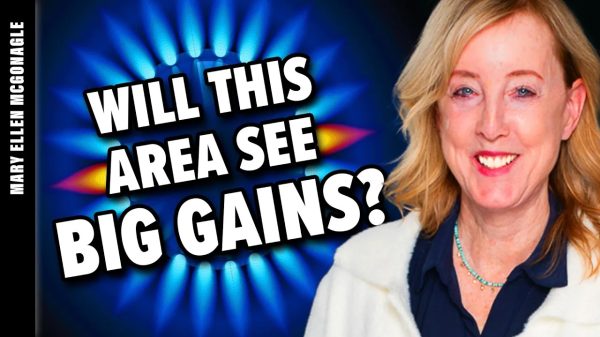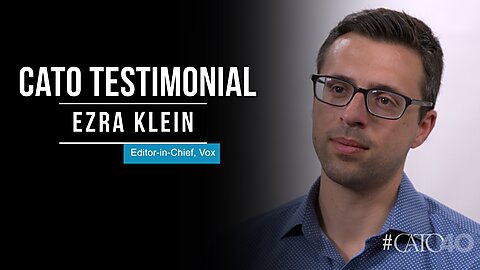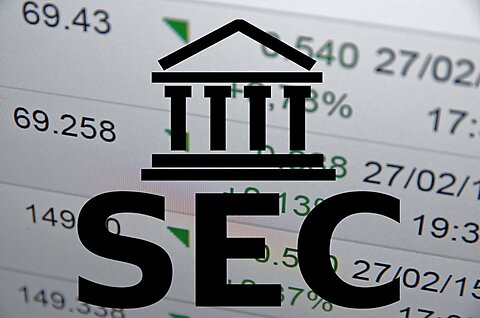Thomas A. Berry and Jennifer J. Schulp
In March 2022, the Securities and Exchange Commission (SEC) proposed a rule requiring public companies to disclose climate‐related information in their registration statements and annual reports. This rule proposal was broad and unprecedented. It sought disclosure of a company’s climate‐related risks; climate‐related effects on the company’s strategy, business model, and outlook; the company’s board and management oversight of climate‐related issues; the company’s plans for energy transition; and the company’s greenhouse gas emissions (including not only its direct emissions but also the “indirect” emissions of companies it buys from or sells to), among other things.
This rule proposal intended to create an extensive parallel disclosure regime relating to the impact of climate change on a company and the company’s impact on the environment. By the SEC’s estimates, the rule would have more than tripled the cost of disclosure.
After receiving a historic number of comments on the rule proposal—including one filed by Cato Institute scholars critical of many aspects of the proposal—the SEC finalized a scaled‐back version of the disclosure rule in March 2024. The finalized rule limited emissions reporting by companies, including dropping the disclosure of the most “indirect” category of emissions, and alleviated other proposed prescriptive disclosure requirements. But the core of the proposal remained: the finalized climate disclosure rule establishes a burdensome separate disclosure regime for climate‐related information.
The SEC rule was immediately challenged by the state of Iowa (and eight other states), Liberty Energy, and the US Chamber of Commerce, among others, who asserted that the SEC’s rule exceeded the agency’s authority. Two environmental groups also sued (and then dismissed their cases), asserting that the SEC failed to require sufficient environmental disclosure. Nine suits are currently pending in the United States Court of Appeals for the Eighth Circuit, where the litigation was consolidated.
Now Cato has joined Andrew Vollmer of the Mercatus Center (himself a former deputy general counsel at the SEC) to file an amicus brief in the Eighth Circuit supporting the challengers in arguing that the SEC lacks the authority to impose climate‐related disclosures.
In our brief, we make three key points. First, the SEC claims legal authority by taking an isolated statutory phrase out of its surrounding context. Two statutes grant the SEC the authority to impose disclosure rules that are “necessary or appropriate in the public interest or for the protection of investors.” The SEC argues that this single sentence gives it broad authority to implement a system of mandatory climate‐related disclosures.
But as our brief explains, the text, structure, and context of the statutes limit the SEC’s power to issue disclosure rules. Such rules must be narrowly targeted to disclosures of information about certain internal characteristics of a company, such as its financial statements, its core business information, its directors and management, or descriptions of the securities being sold. The proposed rule would mandate disclosures that extend far beyond the SEC’s statutory authority.
Second, our brief bolsters this interpretation of the statutes by looking to contemporaneous discussions of the provisions in question. A US House report noted that one of the statutes should not give a “mere general power to require such information as the [SEC] might deem advisable.” And a second House report said the SEC was not to have “unconfined authority to elicit any information whatsoever.”
Third and finally, our brief notes that the SEC itself has, in earlier decisions, disclaimed the authority to implement a climate‐disclosure regime. In 1975, the SEC considered a variety of “environmental and social” disclosure matters but concluded that “it is generally not authorized to consider the promotion of social goals unrelated to the objectives of the federal securities laws.” In 2016, the SEC reaffirmed that decision, noting that Congress had not given new statutory authority for disclosures in these areas.
The statute remains the same today, yet the SEC has now found statutory authority where it had consistently conceded that none exists.
For all these reasons, our brief urges the Eighth Circuit to find that the SEC lacks the statutory authority to implement the climate disclosure rule and thus block the rule from taking effect.
























